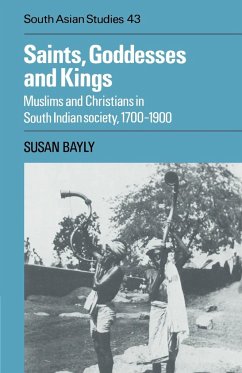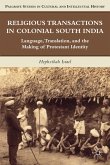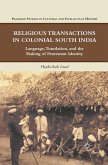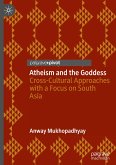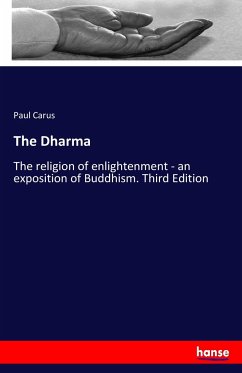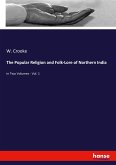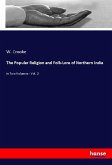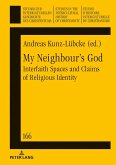Saints, Goddesses and Kings illumines the meaning and history of religious conversion and the nature of community.
South India is often portrayed as a land of Hindu orthodoxy, yet in fact three great 'world religions' have inter-acted in the region over many centuries. Saints, Goddesses and Kings uses a powerful combination of oral, literary and archival evidence to investigate the social and religious world of those large and influential groups of South Indians who came to identify themselves as Christians and Muslims, while retaining powerful links with the religion and culture of the wider society. Susan Bayly shows how Christianity and Islam spread along the military and agricultural frontiers of southern India, and how certain beliefs and practices derived local force from an ambiguous relationship with the worship of existing Hindu goddesses. Saints, Goddesses and Kings thus illumines not only the meaning and history of religious conversion and the nature of community, but wider processes of social and political change within the sub-continent and, indeed, colonial societies in general.
Table of content:
Preface; List of maps; Note on transliteration; Abbreviations; Glossary; Introduction; 1. South Indian religion and society; 2. The development of Muslim society in Tamilnad; 3. The Muslim religious tradition in south India; 4. The south Indian state and the creation of Muslim community; 5. Warrior martyr pirs in the eighteenth century; 6. The final period of nawabi rule in the Carnatic; 7. South Indian Christians in the pre-colonial period; 8. The collapse of Syrian Christian 'integration'; 9. The Christian Paravas of southern Tamilnad; 10. Christian saints and gurus in the poligar country; 11. Christianity and colonial rule in the Tamil hinterland; 12. Conclusion; Bibliography.
South India is often portrayed as a land of Hindu orthodoxy, yet in fact three great 'world religions' have inter-acted in the region over many centuries. Saints, Goddesses and Kings uses a powerful combination of oral, literary and archival evidence to investigate the social and religious world of those large and influential groups of South Indians who came to identify themselves as Christians and Muslims, while retaining powerful links with the religion and culture of the wider society. Susan Bayly shows how Christianity and Islam spread along the military and agricultural frontiers of southern India, and how certain beliefs and practices derived local force from an ambiguous relationship with the worship of existing Hindu goddesses. Saints, Goddesses and Kings thus illumines not only the meaning and history of religious conversion and the nature of community, but wider processes of social and political change within the sub-continent and, indeed, colonial societies in general.
Table of content:
Preface; List of maps; Note on transliteration; Abbreviations; Glossary; Introduction; 1. South Indian religion and society; 2. The development of Muslim society in Tamilnad; 3. The Muslim religious tradition in south India; 4. The south Indian state and the creation of Muslim community; 5. Warrior martyr pirs in the eighteenth century; 6. The final period of nawabi rule in the Carnatic; 7. South Indian Christians in the pre-colonial period; 8. The collapse of Syrian Christian 'integration'; 9. The Christian Paravas of southern Tamilnad; 10. Christian saints and gurus in the poligar country; 11. Christianity and colonial rule in the Tamil hinterland; 12. Conclusion; Bibliography.

